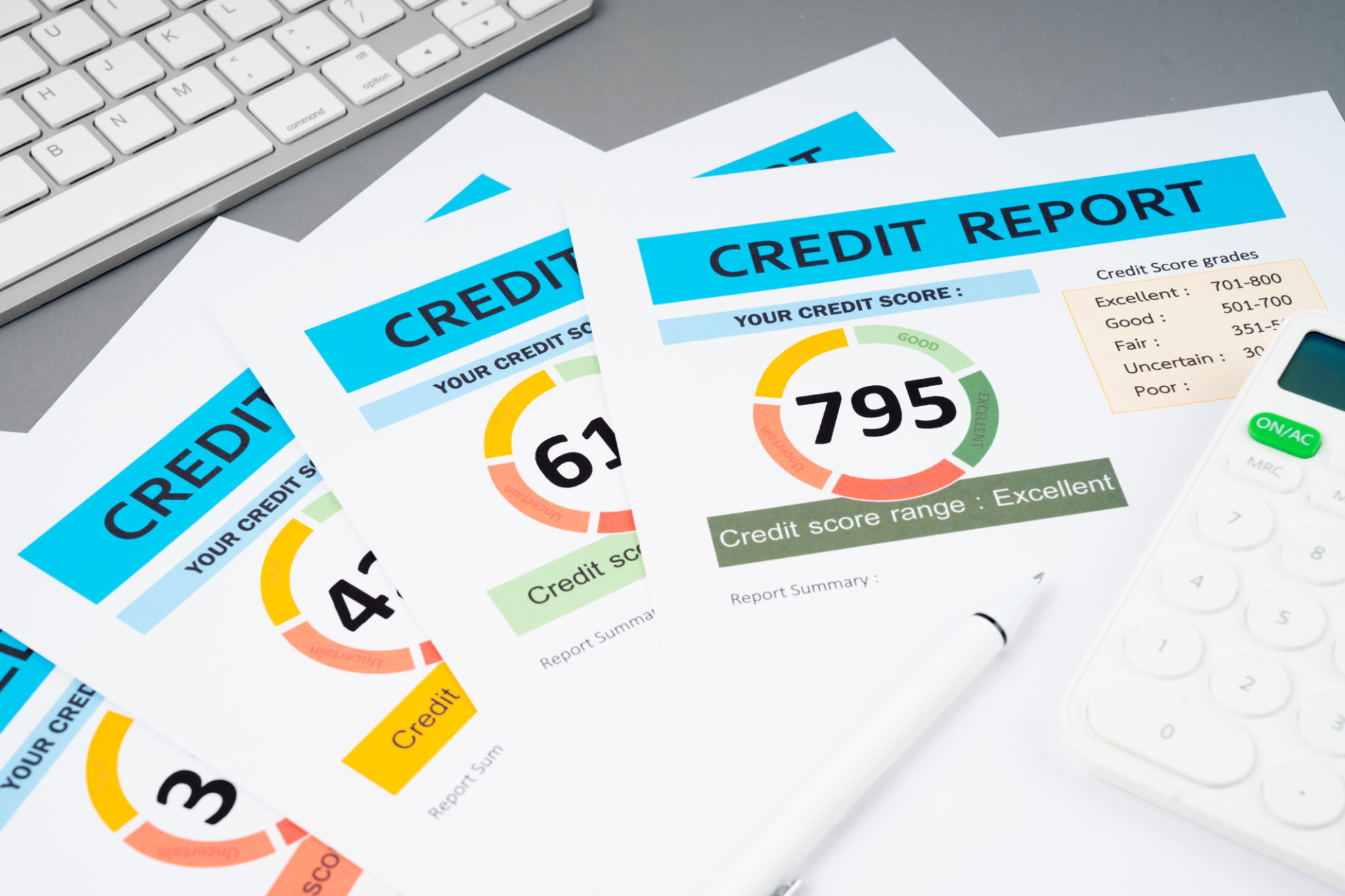Rebuilding Your Credit: A Comprehensive Guide for Dallas Entrepreneurs
Understanding Your Credit Score
For many Dallas entrepreneurs, rebuilding credit is a crucial step toward securing financial stability and business growth. Your credit score not only affects personal finance but can also impact business operations. A solid credit score can open doors to better loan terms, insurance rates, and even vendor agreements. Understanding the components of your credit score is the first step in rebuilding it.
Credit scores are typically calculated based on five key factors: payment history, amounts owed, length of credit history, new credit, and types of credit used. Each plays a significant role in determining your overall score, with payment history and amounts owed having the most impact.

Evaluating Your Current Credit Situation
Before you can begin rebuilding your credit, it's essential to evaluate your current situation. Start by obtaining a copy of your credit report from one of the major credit bureaus: Equifax, Experian, or TransUnion. Review the report carefully for any discrepancies or errors that could be negatively affecting your score.
If you find any inaccuracies, dispute them immediately. Correcting errors can lead to a quick and positive change in your credit score. Additionally, note any areas where you may have fallen behind, such as late payments or high credit card balances.
Setting Realistic Credit Goals
Once you've assessed your current credit situation, it's time to set realistic goals. Consider what you want to achieve with your credit rebuilding efforts. Are you looking to secure a business loan, improve your personal credit for better mortgage rates, or simply gain peace of mind?
Set short-term and long-term goals that are specific, measurable, achievable, relevant, and time-bound (SMART). For example, aim to reduce your credit card balances by 30% over the next six months or make all loan payments on time for a year.

Developing a Plan to Improve Your Credit
With goals in place, develop a comprehensive plan to improve your credit. Start by setting a budget that prioritizes debt repayment. Consider using the snowball method—paying off smaller debts first for quick wins—or the avalanche method—tackling high-interest debts first to save money over time.
Additionally, ensure you make all future payments on time. Even one late payment can significantly impact your score. Setting up automatic payments or reminders can help ensure you don't miss due dates.
Building Positive Credit Habits
Rebuilding credit is not just about correcting past mistakes but also about establishing positive financial habits. Use credit responsibly by keeping balances low and avoiding unnecessary new credit inquiries. Aim to use no more than 30% of your available credit limit at any given time.
Consider diversifying your credit mix by responsibly adding different types of accounts, such as installment loans or secured credit cards. This can demonstrate responsible credit use and positively impact your score over time.

Seeking Professional Assistance
If you're finding it challenging to rebuild your credit independently, consider seeking professional assistance. Credit counseling services and financial advisors can provide personalized advice and strategies tailored to your unique situation. They can also help negotiate with creditors or create a debt management plan.
However, be cautious of scams or services that promise quick fixes. Rebuilding credit takes time and effort, and no legitimate service can guarantee rapid improvements.
Monitoring Your Progress
As you implement your plan, regularly monitor your progress by checking your credit report every few months. Look for improvements and areas that may still need attention. Celebrating small victories along the way can keep you motivated on your journey to better credit.
Remember that rebuilding credit is a marathon, not a sprint. Stay committed to your goals and continue practicing sound financial habits to achieve lasting results.

